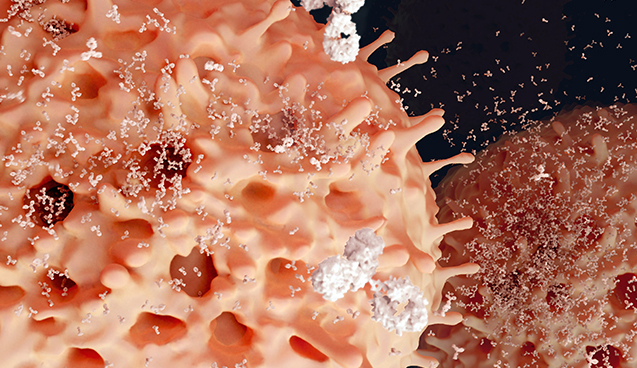Mercia Technologies PLC portfolio company, PsiOxus Therapeutics, has announced that the Clinical Trial Application for NG-348, an “armed” oncolytic virus for the treatment of solid tumors, has been approved and, per the licensing agreement between the parties, Bristol-Myers Squibb will make a US $15 million milestone payment to PsiOxus.
John Beadle, M.D., Chief Executive Officer of PsiOxus, said: “This is an exciting development since NG-348 is the first candidate from PsiOxus’ systemically delivered, intravenous platform of tumor gene therapy to achieve regulatory approval for use in human clinical trials.
“PsiOxus is pleased to have successfully completed preclinical and manufacturing activities in support of this CTA and now looks forward to clinical investigation of this first armed oncolytic virus by Bristol- Myers Squibb.”
Under the terms of the December 2016 agreement, Bristol-Myers Squibb granted PsiOxus an upfront payment of $50 million. In aggregate, PsiOxus is eligible to receive development, regulatory and sales-based milestones of $936 million, as well as royalties on net sales.
Following the completion of pre-clinical development by PsiOxus, Bristol-Myers Squibb is solely responsible for global clinical development and commercialization activities related to NG-348. In June 2016, Bristol-Myers Squibb and PsiOxus entered into an exclusive clinical collaboration to study enadenotucirev, PsiOxus’ systemically administered “unarmed” oncolytic adenovirus therapeutic, in a multi-cohort clinical trial.
PsiOxus’ oncolytic virus therapy uses modified adenovirus that selectively replicate within tumor cells and not within normal tissue. Such viruses stimulate an inflammatory response in the tumor microenvironment, which results in the accumulation of tumor infiltrating lymphocytes. NG-348 uses PsiOxus’ proprietary Tumor-Specific Immuno-Gene Therapy (T-SIGn) platform to “arm” the virus with two additional immuno-therapeutic transgenes.
NG-348 is designed to drive T-cell immune responses locally within the tumor microenvironment. It is a transgene-modified variant of PsiOxus’ enadenotucirev virus that encodes two immunomodulatory membrane-integrated Tcell- engaging proteins that expressed together on the surface of infected tumor cells, activate tumor-infiltrating T-cells in an antigen independent manner.
